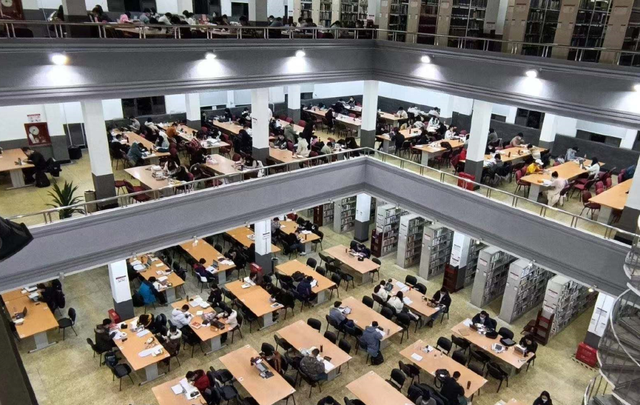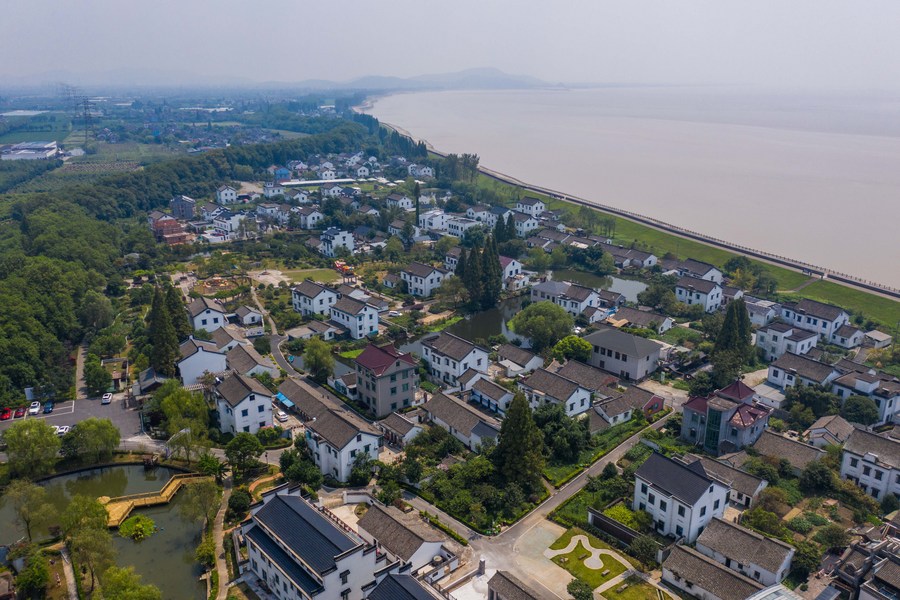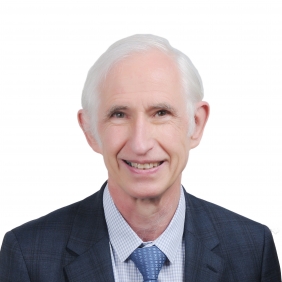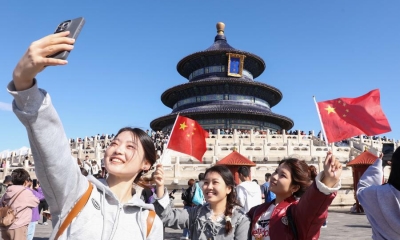Chinese Students Committed to a Better World

By everyone pooling what they believe they know, subjecting it to public scrutiny and the test of evidence, it becomes possible to engage in mutual learning and to advance collective understanding.
Since 2012, Sichuan University has offered all its 37,000 undergraduates the chance to take a course in English with academics from outside China. The intention is to stimulate global awareness — a two-way process — and inter-cultural communications.
Even this year, when the Covid-19 pandemic curtailed global travel, 126 overseas faculty participated, many on-line but some locally, offering 131 courses across a wide range of disciplines. Eighty overseas students were also involved for a secondary objective to enable students to learn from each other and to make friendships across national borders.
I was able to teach face-to-face in a high-tech lecture theatre, the first time that I had worked with undergraduates. The course was heavily subscribed despite its rather academic sounding title: ‘Aspects of Comparative Social Policy.’ Most undergraduates taking the course were neither social workers nor studying public administration, not therefore students with professional interests in social welfare. Rather the class was dominated by electrical and automation engineers, computer scientists and others with expertise in financial and human resource management. It seems, therefore, that students at Sichuan University, and probably young people across China, are keenly interested in understanding the ‘policies that have shaped their lives’ since that was the advertised aim of the course. Students were also encouraged to consider whether the policies were ‘effective, sufficient, or at least better than those of other countries.’
The undergraduates were bright, many on a par with postgraduates at Oxford University, often competent in English, and, despite living in a Douyin (TikTok) world, mostly willing to concentrate in class for four hours at a time. But they were taken aback when I began by saying ‘Don’t believe anything that I say.’ Yes, the statement is paradoxical because it denies its own content. But that was not what challenged the students.

Taught in the Western tradition, and realising how little I know, I see education as a partnership between the generations. By everyone pooling what they believe they know, subjecting it to public scrutiny and the test of evidence, it becomes possible to engage in mutual learning and to advance collective understanding.
Students took this approach to heart. Many referred to this pedagogical principle in a course evaluation questionnaire when asked what they had learned. Indeed, their selected responses, when taken together, provide an ideal description of the approach:
Always stay open-minded and pay more attention to evidence before making conclusions.
During learning, I can combine the knowledge from the class with my own experience and cognition.
We should engage in critical thinking which means that we should have our own thoughts based on the evidence rather than just listening to the teachers.
We should pay much more attention to data, but not think that it is the most important part in figuring out the truth. It’s just a description. That makes me think deeply about justice or equality or other principles when we talk about policy or analyse a phenomenon.
This is not to say that Western-style pedagogy is the only one or necessarily the best. Rather, it means that when students from Sichuan University take postgraduate courses in Western universities, as they are encouraged to do, they can avoid the misery of transition that so mars the lives of many Chinese students when initially studying abroad.
Applying this approach, students eagerly took on the task of identifying a social problem, local, national, or global, and recommending solutions. The choice of their topics is interesting, albeit not representative of the interests of Chinese youth; the course had majored on poverty alleviation, inequality, migration, and ageing. Most students focused on China, the challenges of education reform, demography, inequality, poverty, the labour market, and the environment,
Although the focus on educational reform might smack of self-interest, students were mostly concerned with the structural inequalities that make it difficult for children from rural areas, migrants in cities, and children in other disadvantageous circumstances to advance to high schools and then to university.

Environmental topics that troubled students were diverse: food wastage; sewage treatment in rural areas; chemical pollution; traffic management; and conflicts between development and environment protection. This diversity draws attention to the pervasive nature of environmental issues, but notable is the omission of climate change among this group of students – an issue of global importance.
Despite their youth, the ageing of China’s population was personally salient for many undergraduates. The recently announced three-child policy caused them to question the costs of having children and to reflect on how these might be reduced or perhaps subsidised. They could see that raising the retirement age would reduce welfare spending but realised that low pensions prevent many elders from ever retiring. In addition, they were also acutely aware of the challenges of caring for ageing relatives, and of the need to fulfil their social obligations under the principle of filial piety.
Discussion on inequality in class focused on income, urban and rural differences, and China’s aspiration to address these issues by pursuing the goal of common prosperity. While some students wrote about this, others — all but one female — addressed gender inequalities with a focus on the labour market. They considered this especially important in the modern era when women not only were often better qualified than men but aspired to contribute economically by pursuing successful careers. They drew connections with the demographic changes facing China. If the third-child policy was to be effective, they argued, public provision for childcare needed to be widely available. In addition, incentives should be offered to employers to create ‘family friendly’ work environments that encouraged partners to share caring responsibilities.
Labour market reforms were seen as important in promoting common prosperity and addressing poverty. In cities, especially, there was a requirement to forbidden the ‘996 culture’ — working from 9am until 9pm, six days per week, and to better regulate and protect online contract workers. In rural areas, incomes had to be increased by investing in the high productivity jobs necessary to achieve rural revitalisation.
Students were proud of China’s achievements in controlling Covid-19 and alleviating poverty, and particularly keen that other countries could learn from this experience. But there was little complacency. Speaking for others, one student argued that, while China had ‘made great efforts and had eliminated extreme poverty,’ it was now ‘necessary to continue to pay attention to regional inequality, and to focus on closing the gap between rich and poor.’
In tune with the centenary of the Communist Party of China, another student made clear her commitment to continuing reform, saying, ‘It takes generations of effort to address a social problem, it doesn’t make sense unless we’re all involved in the effort to make our society a better place.’
 Facebook
Facebook
 Twitter
Twitter
 Linkedin
Linkedin
 Google +
Google +







